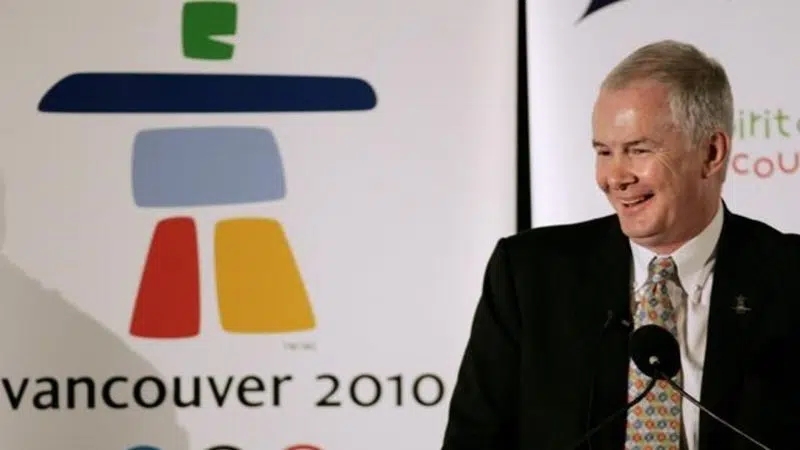
Continued sporting success the legacy of Vancouver Olympics: Furlong
VANCOUVER — John Furlong still sees the signature of the 2010 Olympic Games scrawled across Vancouver as he walks through the city’s downtown.
It’s not just the cauldron where tourists gather for selfies or the one-time athletes’ village that’s transformed into a bustling urban neighbourhood.
The former president and CEO of the Vancouver Olympics organizing committee still feels the energy of the Games when people come up to him on the street, wanting to share their memories.
“When you walk around the city today … you can feel the fingerprints of the Olympics on everything,” he told The Canadian Press.
